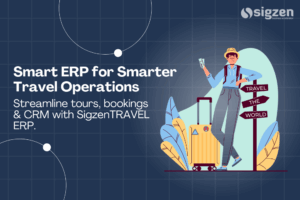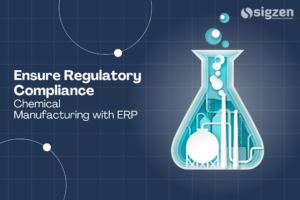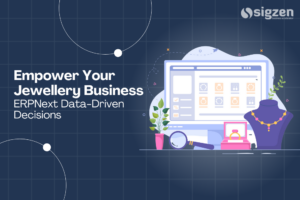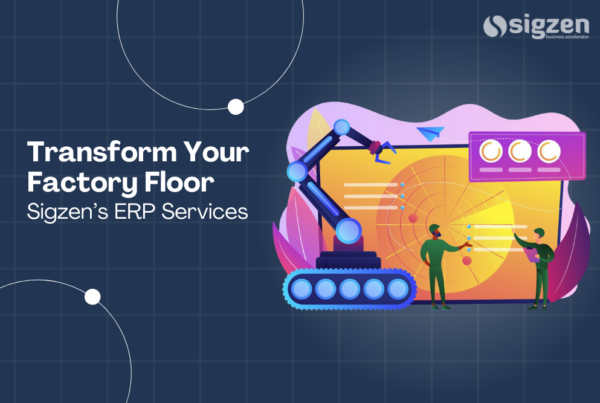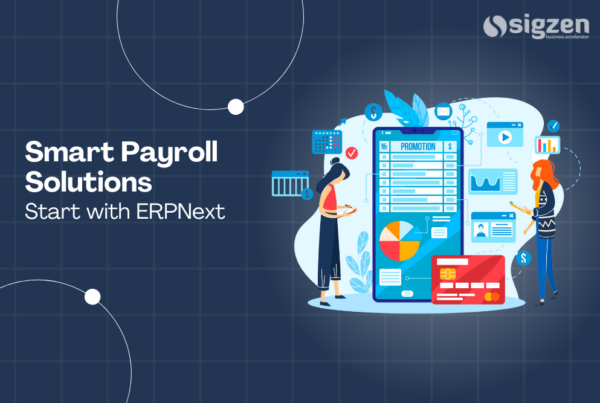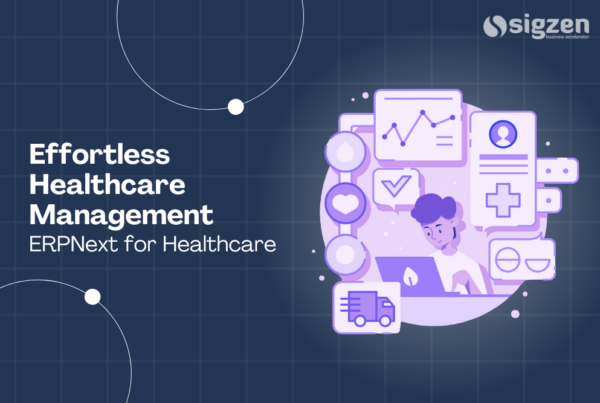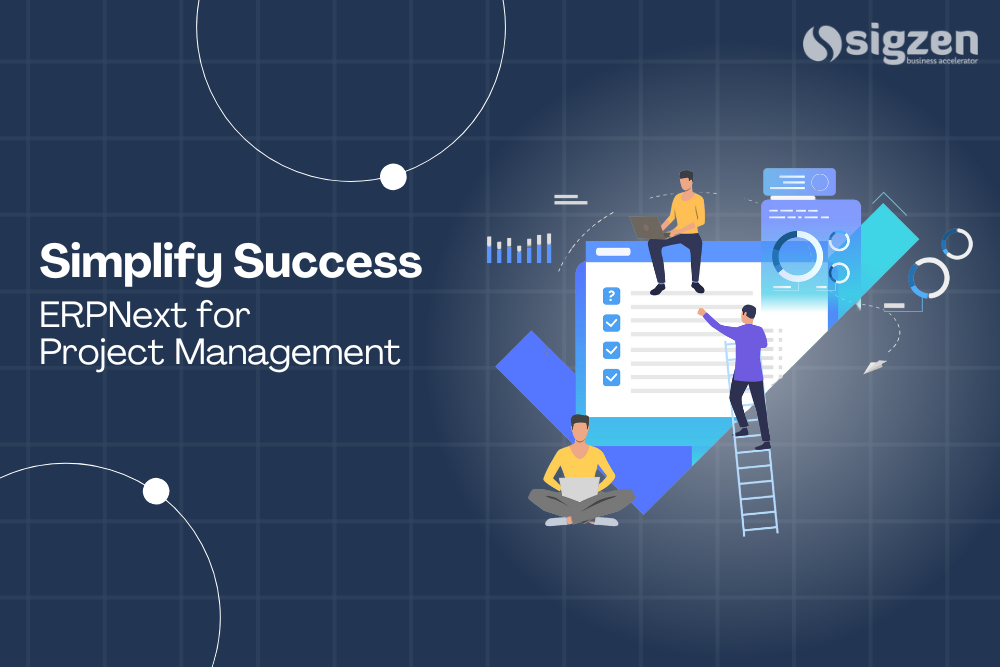
In today’s fast-paced business environment, effective project management is crucial for achieving success. Companies are constantly seeking innovative solutions to streamline their operations, enhance productivity, and stay ahead of the competition. One such solution that has been making waves in the business world is ERPNext.
Understanding ERPNext: A Game-Changing Solution
Enterprise Resource Planning (ERP) systems are comprehensive software platforms designed to integrate and manage various aspects of a business’s operations. ERPNext, in particular, stands out for its user-friendly interface, robust features, and cost-effectiveness. It encompasses modules for accounting, inventory management, CRM, HR, and much more, providing a holistic approach to business management.
The Benefits of Integrating ERPNext into Your Project Management
Streamlined Workflows and Processes
By integrating ERPNext into your project management framework, you unify all essential business functions within a single system. This ensures seamless communication and data sharing between departments, eliminating bottlenecks and accelerating project timelines.
Real-time Data Insights for Informed Decision-Making
One of the key advantages of ERPNext is its ability to provide real-time data analytics and reporting. This empowers project managers with the information they need to make informed decisions promptly. Whether it’s tracking project progress, monitoring resource allocation, or evaluating financial performance, ERPNext delivers actionable insights at your fingertips.
Enhanced Collaboration and Communication
Efficient communication is the cornerstone of successful project management. ERPNext fosters collaboration by centralizing communication channels, allowing team members to easily share information, updates, and feedback. With features like task assignments, document sharing, and instant messaging, your teams can work together seamlessly, regardless of their physical locations.
Scalability for Future Growth
As your business evolves, so do your project management needs. ERPNext is designed to scale alongside your organization, accommodating additional users, processes, and functionalities as required. This adaptability ensures that your project management system remains effective and efficient, even in the face of rapid growth.
Cost-Efficiency and Resource Optimization
Implementing ERPNext is a cost-effective solution compared to piecemeal software integrations. It consolidates your IT infrastructure, reducing the need for multiple standalone applications. Additionally, the automation capabilities of ERPNext help optimize resource allocation, minimizing manual intervention and maximizing productivity.
How to Successfully Implement ERPNext in Your Project Management
Conduct a Thorough Needs Assessment
Before integration, it’s crucial to conduct a comprehensive assessment of your project management requirements. Identify key pain points, desired outcomes, and specific functionalities needed to support your projects effectively.
Engage in Proper Training and Onboarding
To ensure a smooth transition, invest in proper training and onboarding for your team members. Familiarity with ERPNext’s features and functionalities will empower your staff to make the most of this powerful tool.
Customize for Your Unique Needs
ERPNext offers a high degree of customization, allowing you to tailor the system to fit your specific business processes. Take the time to configure settings, workflows, and reports to align with your project management requirements.
Monitor Performance and Seek Continuous Improvement
Regularly evaluate the performance of your project management system with ERPNext. Solicit feedback from team members, track key metrics, and identify areas for improvement. This proactive approach ensures that your system remains aligned with your evolving business objectives.
In conclusion, integrating ERPNext into your project management strategy is a transformative step towards achieving greater efficiency, collaboration, and success. Its robust features, scalability, and cost-effectiveness make it a powerful tool for businesses of all sizes. By following best practices in implementation and customization, you can unlock the full potential of ERPNext for your organization.
